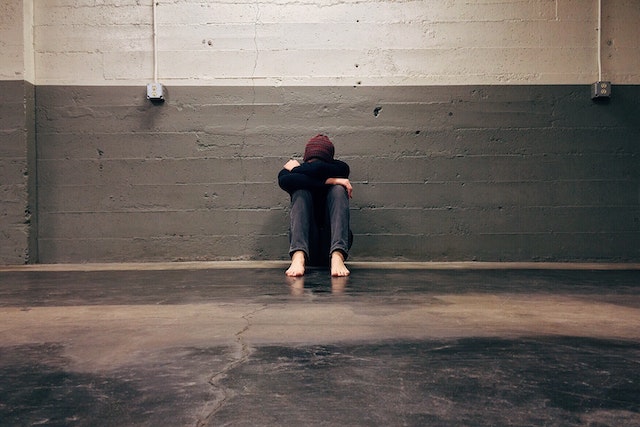What is Anxiety? its Types and Therapy
Anxiety and Tensions are normal emotions that anyone can feel.
Anxiety can be a driving force to solve certain difficulties well, but some people feel tension and anxiety more than normal reactions to trivial problems for no particular reason and last for a long time. In this case, treatment is recommended.
How does your body react when you feel anxious?
- Your heart beats faster and faster, making your chest pound and your palms sweaty.
- Your chest feels tight and feel out of breath.
- You may feel stuffy as if something is hanging in your throat.
- Frequent urination, loss of appetite, and poor gastrointestinal function.
- Insomnia is present and often accompanied by headaches.
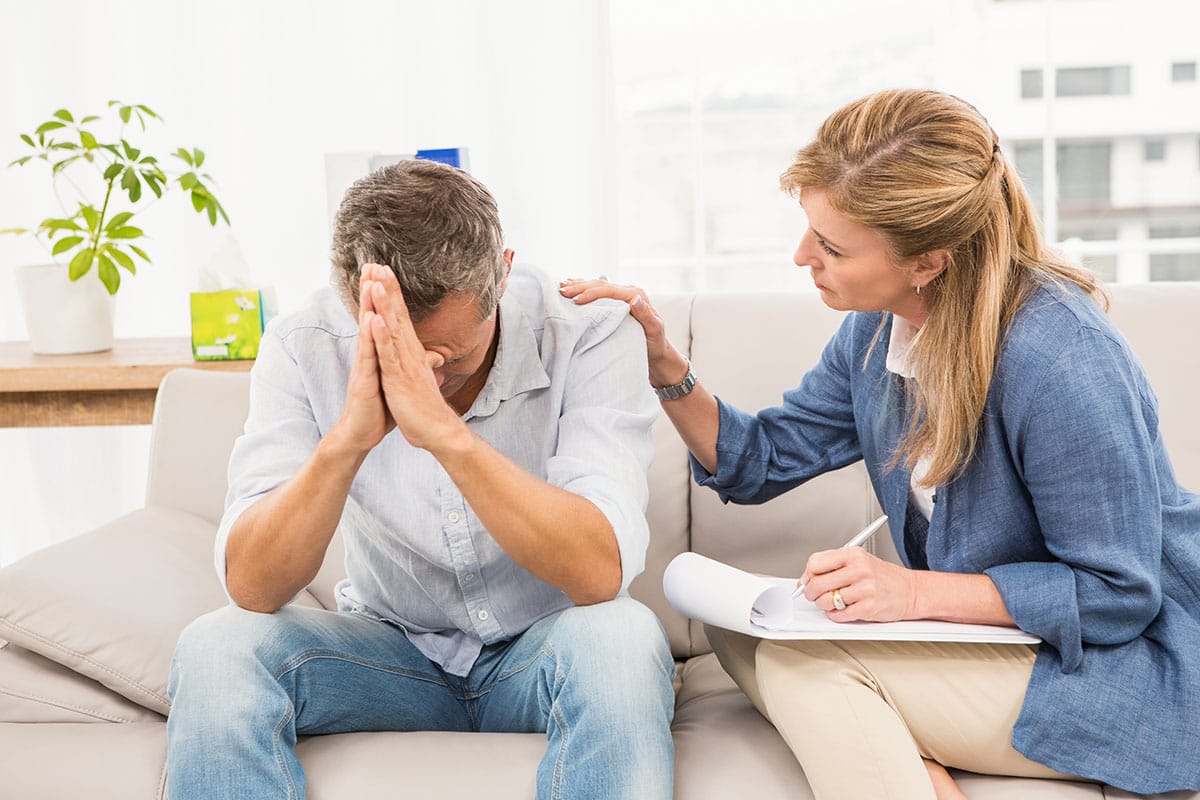
How to Reduce Anxiety
-
- Self-regulation (in many cases muscle relaxation, abdominal breathing, biofeedback, self-hypnosis, meditation, regular exercise)
- Avoid excessive consumption of caffeinated drinks or excessive alcohol, and if you are taking drugs, you should stop.
- Drinking alcohol to get rid of anxiety right away, or taking drugs without a prescription should be prohibited.
- If possible, discuss your concerns openly with someone you trust.
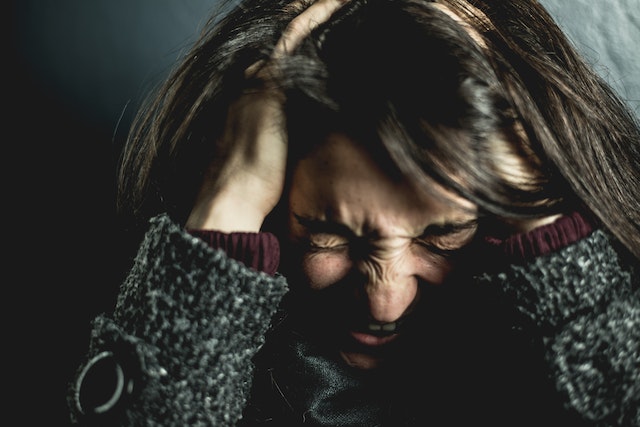
According to studies so far, three factors, biological factors, genetic factors, and psychosocial factors, work in combination with each other to cause depression. Since the contribution of these three factors varies from patient to patient, it is helpful to look for these factors in treatment.
Types of Anxiety Disorders
- General anxiety disorder
- Social phobia
- Panic disorder agoraphobia
- Obsessive-compulsive disorder
- Post-traumatic stress disorder
How to treat these Anxiety Disorders:
1. General anxiety disorder

It is a case of continuous and widespread anxiety that is not limited to any specific situation. You can say that you always live with anxiety and worry, and you may show various physical symptoms (tension headache, hand tremors, dry mouth, indigestion, etc.).
Therapy for General Anxiety Disorder
2. Social phobia
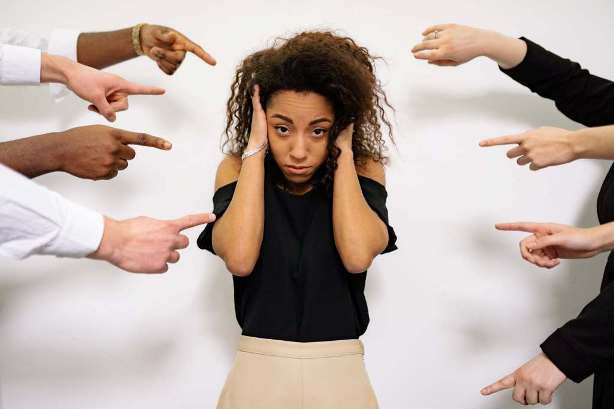
Fear of standing in front of people or complaining of insecurity about people staring at them. You will experience great inconvenience in your daily life, especially in your work life, and your self-confidence will drop significantly.
Therapy for Social Phobia
3. Panic disorder and agoraphobia
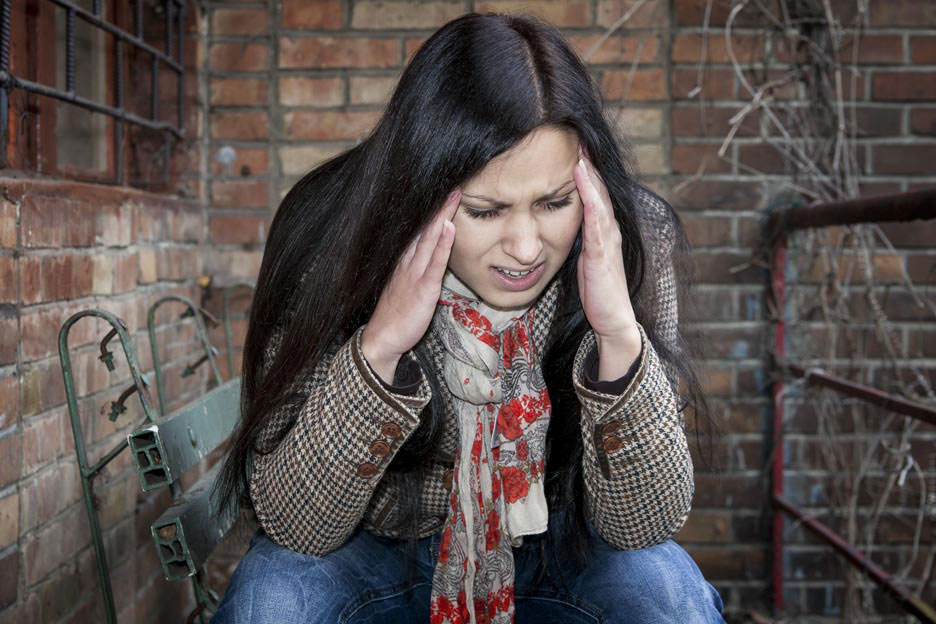
Panic disorder is a sudden, unpredictable, and relatively short period of extreme anxiety or fear. It is characterized by chest tightness, suffocation, and extreme fear of imminent death and fear of recurrence.
Medication for Panic Disorder:
Cognitive behavioral therapy
4. Obsessive-compulsive disorder

It is a disorder in which one person continues to think or act even when he or she does not want to.
It manifests itself in the form of obsessions about uncleanness (constant washing of hands, reassurance of constant checking, locking the door, and checking repeatedly).
Therapy for Obsessive Compulsive Disorder:
5. Post-traumatic stress disorder
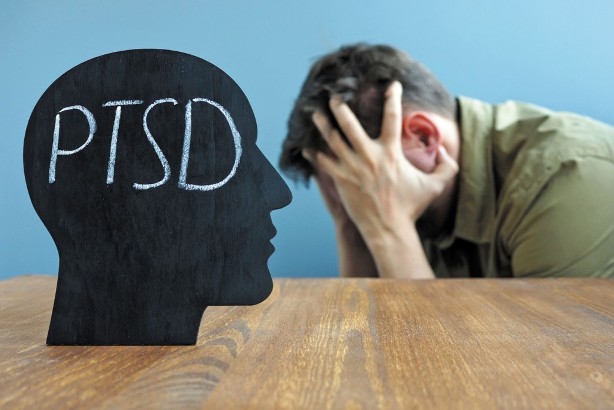
It occurs due to the shock received at the time of an accident caused by means of transportation such as war, automobile, train, airplane, etc., and a life-threatening disaster such as industrial accident, assault, rape, flood, storm, earthquake, or volcanic eruption.

